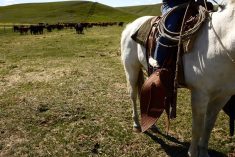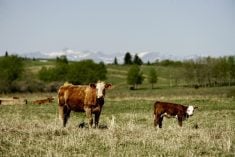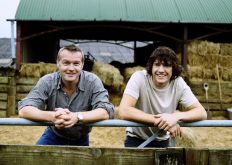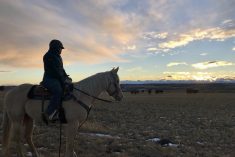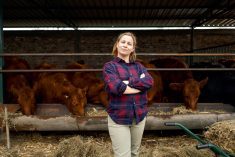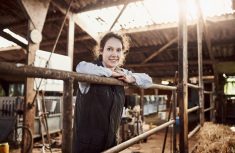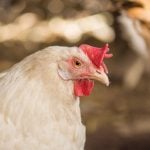When visiting with a fellow producer at a recent industry conference, he said, “Succession, succession, succession. Every time I open a magazine or article, that is what it is all about.”
So why are we continuing to talk (or write) about it? Because many of us are facing it, and struggling. It is hard.
The same producer went on to share his experience, which had happened years ago. First, he reflected on when the operation had been turned over to him. It had seemed straightforward. He and his dad got along well. They rarely disagreed and thought alike. He felt his dad trusted him to take over.
Read Also
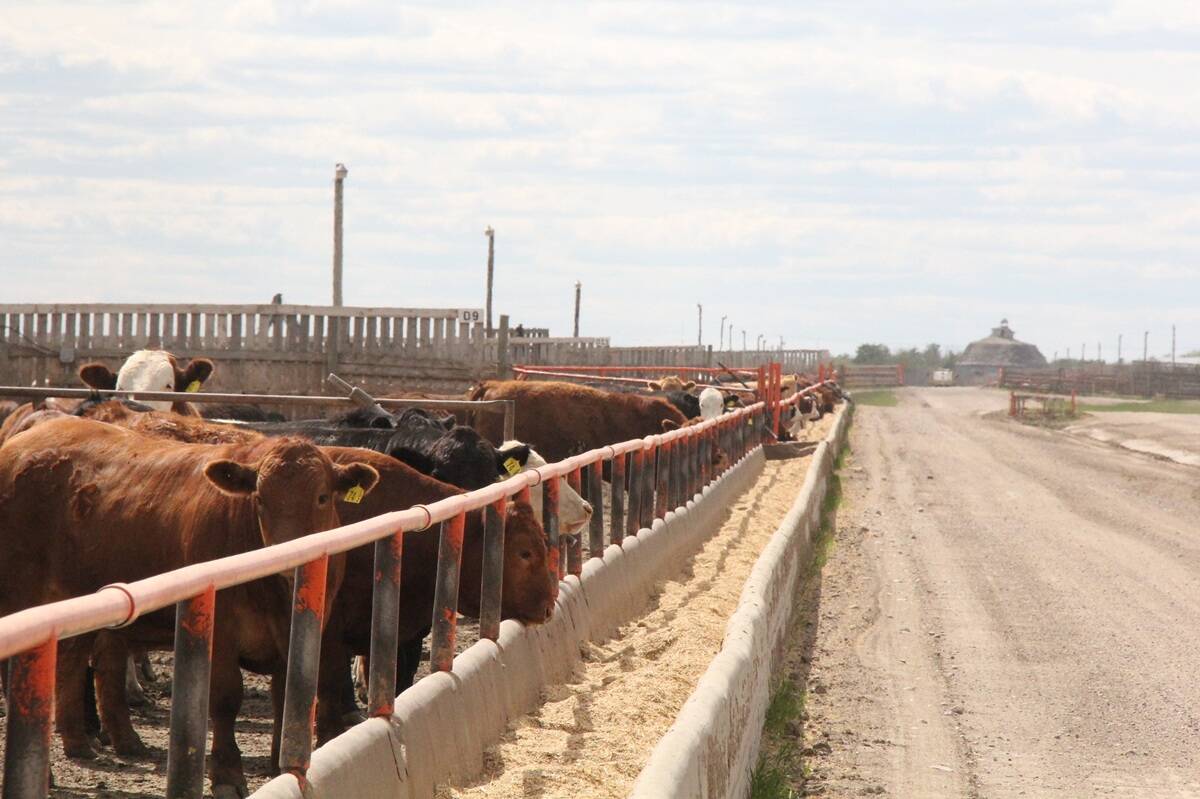
Unwinding the fibre in feedlot cattle diets
Research into how barley rolling method and undigestible NDF levels affect animal performance and digestive health in finishing diets
Fast-forward to the time when the same producer wanted to start transitioning the operation to his own son. He started in his 50s, which is fairly young by some standards. He ended up splitting the land and creating a new company, which he and his wife carried on with. The original company and land were sold to his son at a price that was a “really good deal.”
- READ MORE: Saskatchewan ranchers talk ranch transition
However, staying out of the management of his son’s operation when things were being done differently was not easy. Realizing that the next generation needs to learn from their mistakes is an extremely hard lesson for us as parents. Different enterprises will result in different focuses and priorities. But the passage of time helped them to meet some challenges and overcome them.
In another situation, a fellow sold his cows, and the equipment that was used to make winter feed for them, to a young couple who were not related to him. But he and his wife still lived on the place and managed the land. Before long they decided to focus on a yearling enterprise. They buy and background cattle over the winter and then grass and sell them in the fall. He is buying the cattle himself and keeping a close eye on his costs and the market. That includes travelling a couple of times a week to different markets to monitor prices and, of course, network. They have adapted the operation to what the two of them can handle and like to do. It also keeps them active and engaged in the business, but not at the level they once were.
Another transition story included a buyout of a non-farming sibling, which happened over several years. The deal included a clause specifying the payout only happened in years when there was a profit. The producer telling the story said that was a game changer for them. There were still challenges, but the farming child had more security, and was reassured that they would not have to try and come up with a payout in challenging times.
In another scenario, the focus was setting up a corporate structure, with some caveats and differences between common and preferred shares. The details are not as important as the intent, as the senior member did not want to be involved in day-to-day operations. However, he did want to be involved on an annual basis with strategic planning, particularly when it came to large capital expenditures. He felt that was when people could get into trouble and wanted to maintain decision-making involvement in that way.
Another ranching family’s children were not going to be involved in day-to-day management but were going to have land ownership. A nephew was the one in management and was also using the opportunity to build up his own cow herd. Figuring out the steps is an ongoing process for this family.
In many cases, it comes down to land access. Ensuring the next generation has access to land without having to “buy it” at today’s values requires some creativity. Leasing from a relative is one of the ways to access land.
Some simple planning questions to consider:
- What do you have to work with in terms of land, livestock, equipment, finances and people?
- What is your comparative advantage?
- What are your limiting factors?
- What is most important to you in both your life and business?
- What do you hope to accomplish in the short, medium and long term?
Another suggestion from the succession panel at the Canadian Beef Industry Conference in August had to do with the year-end review with the accountants. Everyone should ask, “If any of us in this operation were to pass away tomorrow, what would the tax implications be?”
I am not suggesting taxes should be the main driver, but I am relatively certain that will get the ball rolling. This is assuming that there is a will. If not, it is the government that gets to decide what happens. If you don’t already have one, make a will.
A respected mentor often suggests there are opportunities to make significant changes in our lives and if we miss those opportunities, it is going to be hard. A classic example is deciding how long to stay living on the farm. Many want to stay there until the end. But we are all living longer and that won’t always work. So how about being proactive, considering the options and discussing them? There is no wrong or right answer, but the point is to have those conversations when everyone is still able to be at the kitchen table, instead of having it later in the hospital or the funeral home.
You can find our Depth of Field videos in one place, here! Or find the podcast on Apple or YouTube!


